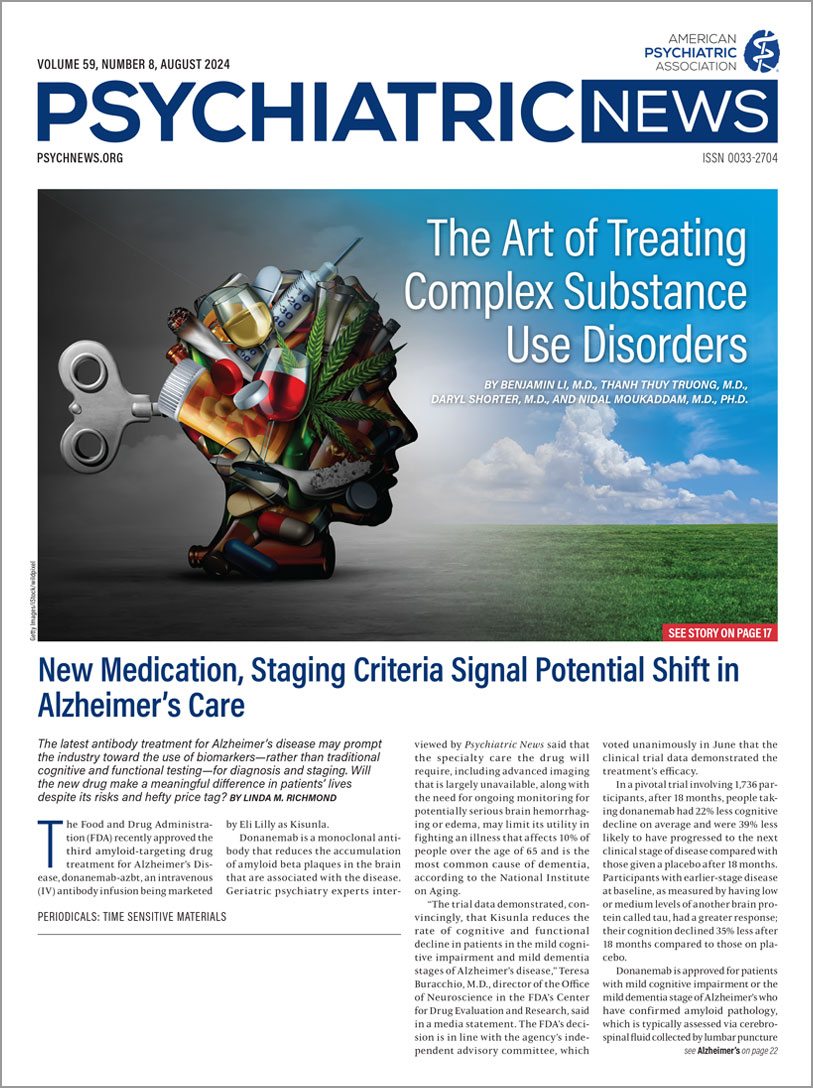I started residency as a member of the first class of a new psychiatry program at a small community hospital. Naturally, I thought I knew more than I did. I felt that providers were not prescribing enough buprenorphine. In my mind, there was no excuse not to prescribe it to individuals with opioid use disorder (OUD). Worried about diversion? Well, if there’s an illicit market for buprenorphine, then we’re not reaching enough patients. Worried about overdoses? As a potent partial agonist at the mu-opioid receptor, buprenorphine can prevent overdoses from full agonists like fentanyl. Worried about DEA licensure? Federal agencies are practically begging providers to prescribe it. Worried about drug-seeking patients? Those are exactly the patients who should receive it. I suspected that stigma had usurped best practices, so I went looking for answers.
My search culminated in a survey I sent to providers about their attitudes toward buprenorphine for opioid use disorder (OUD). The results indicated that 76% of respondents were not aware that there was an OUD program at the hospital; 53% were not aware that the
X-waiver for prescribing buprenorphine was no longer required; and 34% were not aware that buprenorphine could be used in the hospital. When asked to choose the primary obstacle to prescribing medication for OUD, 34% cited “lack of follow-up [for refills],” 26% cited “hospital policy,” 19% cited “DEA license liability,” 7% cited “no barriers,” and 11% cited “other.” Under this category were write-in comments that consisted of general themes of stigma and lack of knowledge regarding proper administration and utility.
The number of providers who selected “lack of follow-up” as a barrier to buprenorphine prescribing caught me off guard. Medications are routinely prescribed upon discharge from the hospital with little more guidance than “follow-up with PCP.” Why should buprenorphine be any different? Moreover, patients will find doctors if they’re motivated to do so, and buprenorphine prescribed without follow-up is better than a patient immediately going back to using fentanyl.
Ironically, as a psychiatry resident, I was missing the emotion of it all. I was failing to recognize how the pendulum of opioid prescribing over the past 30 years could affect the physicians who practiced under those changes. It was time to imagine:
I’ve practiced as a physician for at least 15 years. I’ve basically been told that irresponsible opioid prescribing practices perpetuated by my profession have contributed to an overdose epidemic that has claimed millions of lives. Then I am told I can fix it with another opioid called buprenorphine, but it requires special training. Finally, I hear that special training is no longer needed, my threshold to prescribe it should be low, and some psychiatry intern who doesn’t know anything keeps badgering me about it. …
I don’t know whether any amount of continuing medical education could fix such cognitive dissonance. I’m beginning to understand that prescribing practices can reflect the trauma of the profession, and like all trauma, it requires compassion to heal. Instead of writing off another’s treatment decision as lazy, antiquated, or ignorant, consider what experiences went into that decision. How many providers have internalized the opioid overdose epidemic as a moral injury? How large is our collective scar?
I do not know the answers to these questions, but they may start to explain why a provider might see a seven-day supply of buprenorphine as a tenuous liability instead of a bridge to recovery. ■

